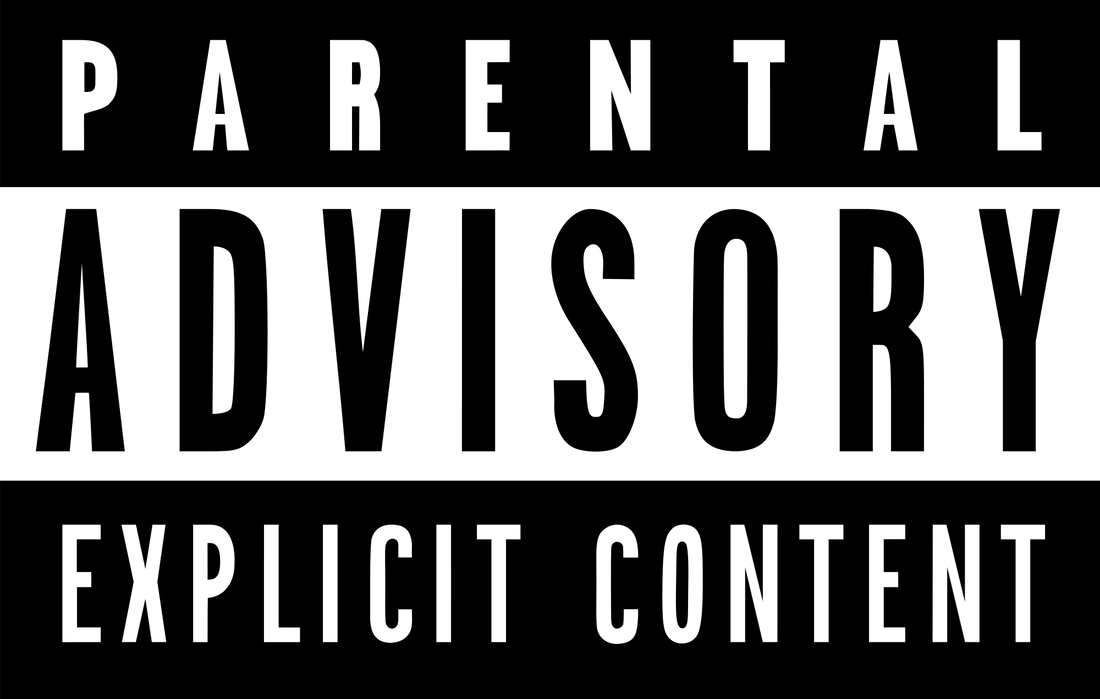|
The Breadcrumbs widget will appear here on the published site.
Your Rap Lyrics are Bad, and You Should Feel Bad
On November 25th, 2019, Billie Eilish was named Billboard’s Woman of the Year after a successful chart-climbing and record-breaking year. Just one year ago, Eilish confirmed she had Tourette Syndrome while addressing video compilations of her tics. When addressing why she never spoke about it previously, she simply wrote, “I’ve just never wanted people to think of [Tourette] every time they think of me.”
Fast forward to a few weeks later on December 10th of this year, rapper and TV personality Nick Cannon released “Pray for Him”, a new diss track against Eminem. The track is the second installment of a reawakened feud between the two rappers, which began in 2009 with Eminem’s “Bagpipes from Baghdad”. In the song, Eminem alludes to a relationship between himself and Mariah Carey, who was married to Cannon at the time. Cannon brought up racist lyrics from Eminem’s discography while Carey not-so-subtly dissed him in her song “Obsession”. Though it stayed quiet for some time, the two reignited the decade-long feud after Cannon appeared on T.I.’s podcast ExpidTIously. When T.I. asked what his reaction was to the track, Cannon responded with his memories of the incident: "This m--------- drops a song, talking s---.[He was calling Mariah] all kinds of [names]. I'm like, this is my wife. This is my new wife. I wrote a letter first….saying, 'Look, I respect you as an artist. I'm actually a fan and I think you're one of the best to ever do it. But from man to man, you talking out of pocket to my wife. You gotta be held accountable for that so I need to see you face-to-face.'" In Slim Shady style, Eminem fired back on Fat Joe and Dre’s song “Lord Above”, insinuating that the former Nickelodeon hotshot is neutered. Cannon responded with “Pray for Him”, saying that the “Rap God” will never be a legend and that he gets facelifts like Instagram influencers. Cannon also called Eminem out on his extremely problematic view of black women. However, most notably to me, the Tourette Association of America, and thousands of other people with Tourette was the line, “Now all you do is just growl / Like you got Tourettes and hysterics.” It is rare that pop culture shows the truth when it comes to Tourette Syndrome, or TS for short. Various movies, songs, and television shows have only shown the more rare side of the condition: coprophilia or copropraxia, or fancy words for rude language or gestures. Even if TS is portrayed in a different way, it is still often used as a joke or an insult. A lot of this stems from misunderstanding the condition or just plain lazy comedy and comebacks. So while it isn’t surprising that Cannon would rely on an old stereotype to assemble another mediocre diss track, it’s still exhausting to experience if you have Tourette Syndrome. The Tourette Association of America called out the entertainer on their social media, condemning his lyrics: “Nick Cannon, we are disappointed by your careless and misinformed reference to #TouretteSyndrome. You are a longtime advocate and role model for children. Let us help you get the facts about #Tourette and educate others. #TouretteAwareness”
The statement got support from indie artist and YouTuber Jamie-Grace, who replied to Cannon with her own admonishing message:
“We are more than a lyric. We are more than a joke. We are more than a laugh. We are more than the stereotype of verbal aggression that doesn’t even reach the surface of our diagnosis. We are more than what you portray us to be, and we will not be silent about it.”
Of course, the line is far from the only problematic line a rapper has ever come up with in their career, but when an authentic example of a person with Tourette Syndrome is this year’s Billboard Woman of the Year, there isn’t an excuse for cruddy wordsmithing. Cannon’s quest for relevance after All That, The Nick Cannon Show, and America’s Got Talent fails to acknowledge the existence of authentic representations of TS and other conditions in the industry. Speaking of Eilish, there has been no evidence that the “bad guy” singer has felt one way or the other about the track, but from her response from last fall, it is clear she knows how hard it is to push past the stereotype that comes with having TS. Similarly, many people with more manageable TS like myself will suppress their own tics in public to avoid scrutiny or jokes, no matter how painful it is. Though Cannon has yet to respond to the criticism — and more than likely won’t — I’m optimistic that the incident has brought more people like me out in the open, vowing to bring attention to the realities of TS and to reject the half-baked lyrics of artists who are never too old to be educated. CommentsComments are closed.
|
AuthorWrite something about yourself. No need to be fancy, just an overview. Archives
July 2024
Categories
All
|



 RSS Feed
RSS Feed






